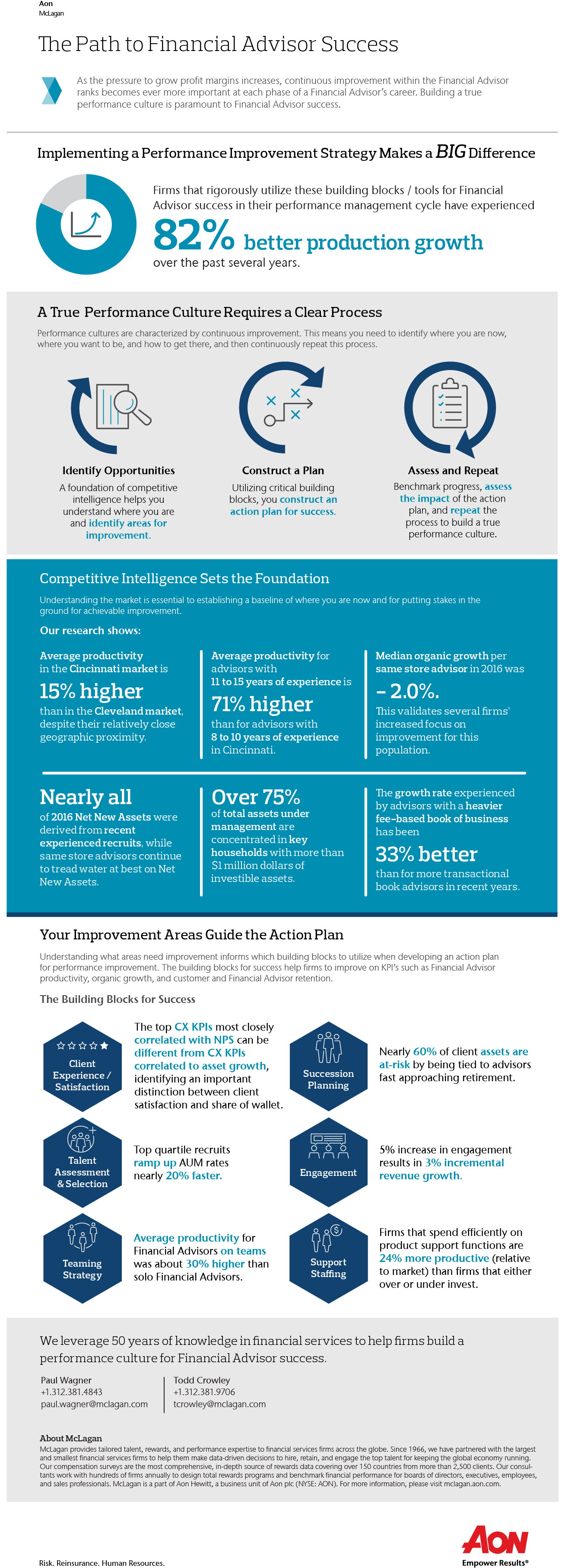Prepare To Uncover The Underlying Influences That Influence Your Economic Choices, With Feelings Playing A Central Function In The Detailed Procedure Of Taking Care Of Riches

Post By-Davenport Stanley
When it pertains to wide range and monetary decisions, feelings are frequently the hidden pressure driving the wheel. Your mood, worries, and needs can persuade your options more than you recognize, possibly impacting your economic health. By deciphering the intricate dancing between feelings and money, you may reveal unusual understandings that might improve the means you come close to wealth management. Recognizing the psychology of wide range can unlock a path to even more conscious and logical economic decision-making, guiding you towards an extra flourishing and steady future.
Emotional Influences on Financial Choices
When making monetary decisions, emotions play a considerable function in affecting your selections. It's necessary to identify exactly how sensations like worry, greed, and exhilaration can impact your monetary wellness. Worry may lead you to make excessively careful choices, missing out on potential possibilities for development. On the other hand, greed can push you in the direction of high-risk investments that may not align with your lasting goals. Exhilaration might cause you to forget essential information or thrill into decisions without correct assessment.
Understanding https://www.morganstanley.com/Themes/tax-efficient-investing-financial-planning and how they affect your monetary selections is crucial for making sound decisions. By knowing your mood when faced with monetary choices, you can take actions to minimize spontaneous habits and think more logically. Setting clear financial goals and having a well-balanced strategy can help you browse these psychological impacts successfully. Keep in mind, it's okay to seek support from economic advisors or advisors to gain perspective and make informed decisions among psychological turbulence.
Common Psychological Prejudices in Wealth Administration
Recognizing the common psychological predispositions in wealth management is vital for making enlightened economic decisions. One prevalent prejudice is insolence, where people often tend to overestimate their expertise and capabilities, resulting in too much risk-taking. This can cause inadequate investment options and significant losses.
Another typical prejudice is loss aversion, where the worry of losing money outweighs the potential for gains, causing financiers to make conventional decisions that may hinder wealth accumulation.
https://blogfreely.net/molly33carissa/ensure-a-steady-financial-future-with-the-definitive-manual-on-retirement is additionally extensive in riches monitoring, where people seek info that aligns with their existing beliefs while overlooking contradictory data. This can lead to a skewed perception of market fads and prevent the capability to adapt to changing economic landscapes.
In addition, anchoring predisposition takes place when people depend also greatly on preliminary information when making decisions, possibly bring about suboptimal outcomes.
Techniques for Mentally Intelligent Spending
To navigate the complexities of investing with psychological knowledge, take into consideration applying useful approaches that align with your monetary objectives and run the risk of tolerance. Begin by setting clear investment goals based on your long-lasting financial desires.
Diversification is essential to managing danger and can assist cushion your profile from market volatility. On Real Estate Financial Advice and readjust your investment portfolio to guarantee it stays lined up with your altering monetary scenarios and risk hunger.
Method mindfulness to remain grounded during market variations. Feelings like anxiety and greed can shadow judgment, bring about spontaneous choices. By staying conscious and rational, you can make even more informed investment options.
Furthermore, automate your savings and financial investments to prevent psychological decision-making. Setting up automated payments to your investment accounts can help you remain self-displined and avoid the temptation to time the market.
Conclusion
Finally, by acknowledging and managing your feelings when it comes to monetary decision-making, you can boost your possibilities of making logical selections and attaining lasting monetary security.
Knowing usual mental prejudices, establishing clear purposes, expanding financial investments, and practicing mindfulness are important techniques for making emotionally intelligent investing decisions.
By taking control of your emotions and applying these approaches, you can navigate the intricacies of wealth monitoring with self-confidence and success.

